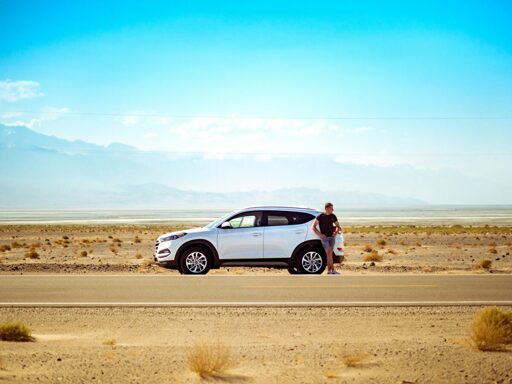Scientists from the University of California, Riverside, have developed a new diagnostic metric for electric vehicles (EVs) that determines whether they can complete an upcoming trip.
Called the State of Mission (SOM), it utilizes both battery data and environmental factors, such as traffic patterns, elevation changes, or ambient temperature, to generate real-time, task-specific predictions. Furthermore, the team has developed mathematical and computational frameworks to calculate the SOM.



They have to, because Americans can’t do simple math in their heads.
My car tells me how much range I have, and I compare it to my route distance. Not sure what “simple math” you’re talking about beyond that. I’m not paying attention to the percentage of my battery and running an average percentage lost per distance or something.
Not sure why this is an “Americans” issue in your mind.
The accusation about math applies across the planet for a notable proportion, more or less, but yeah.
Knowing how wind/rain/snow combined with elevation changes, traffic, top speed and duration, plus contingency for detours, is something combustion engine drivers have always had to do at range limits, but generally suck at. So we erred on the side of caution and filled up early or hitchhiked to the nearest gas station when we fucked up. Too many variables, to be honest.
EV’s are currently less energy dense so range is the same problems just more frequently relevant. My range is under 150km, lol. On the other hand, it is full every morning and takes 15 minutes to fast charge when needed. Still, I kind of study my consumption rate to estimate my true range on a charge, plus use ABRP app when leaving town.